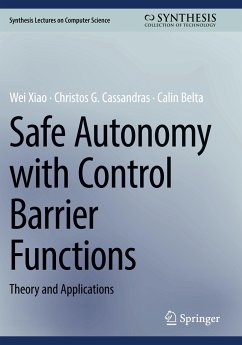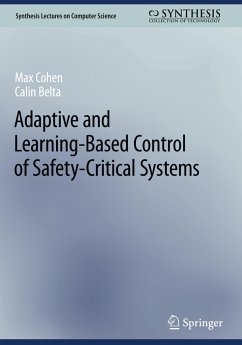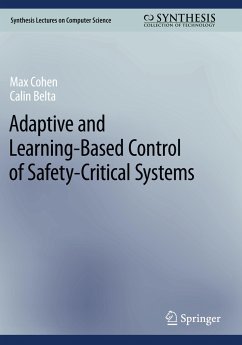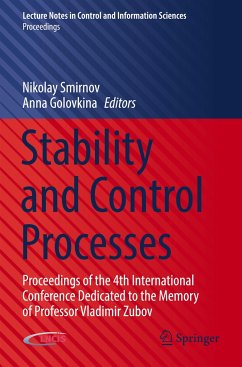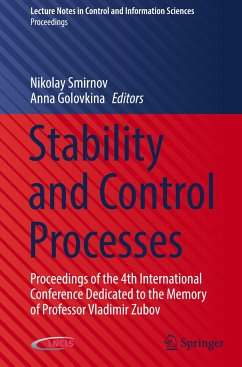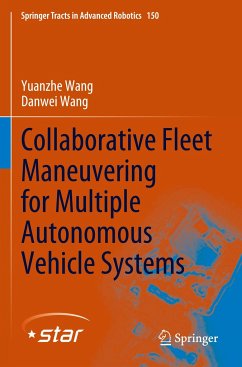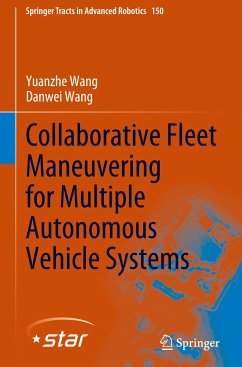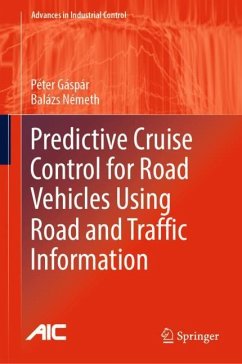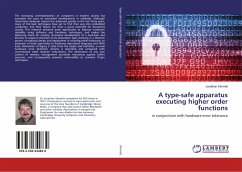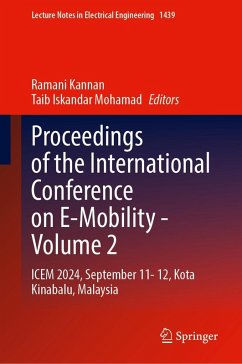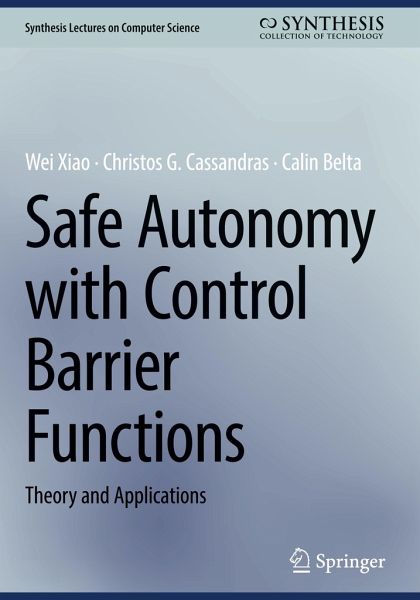
Safe Autonomy with Control Barrier Functions
Theory and Applications
Versandkostenfrei!
Versandfertig in 6-10 Tagen
65,99 €
inkl. MwSt.
Weitere Ausgaben:

PAYBACK Punkte
33 °P sammeln!
This book presents the concept of Control Barrier Function (CBF), which captures the evolution of safety requirements during the execution of a system and can be used to enforce safety. Safety is formalized using an emerging state-of-the-art approach based on CBFs, and many illustrative examples from autonomous driving, traffic control, and robot control are provided. Safety is central to autonomous systems since they are intended to operate with minimal or no human supervision, and a single failure could result in catastrophic results. The authors discuss how safety can be guaranteed via both...
This book presents the concept of Control Barrier Function (CBF), which captures the evolution of safety requirements during the execution of a system and can be used to enforce safety. Safety is formalized using an emerging state-of-the-art approach based on CBFs, and many illustrative examples from autonomous driving, traffic control, and robot control are provided. Safety is central to autonomous systems since they are intended to operate with minimal or no human supervision, and a single failure could result in catastrophic results. The authors discuss how safety can be guaranteed via both theoretical and application perspectives. This presented method is computationally efficient and can be easily implemented in real-time systems that require high-frequency reactive control. In addition, the CBF approach can easily deal with nonlinear models and complex constraints used in a wide spectrum of applications, including autonomous driving, robotics, and traffic control. Withthe proliferation of autonomous systems, such as self-driving cars, mobile robots, and unmanned air vehicles, safety plays a crucial role in ensuring their widespread adoption. This book considers the integration of safety guarantees into the operation of such systems including typical safety requirements that involve collision avoidance, technological system limitations, and bounds on real-time executions. Adaptive approaches for safety are also proposed for time-varying execution bounds and noisy dynamics.



